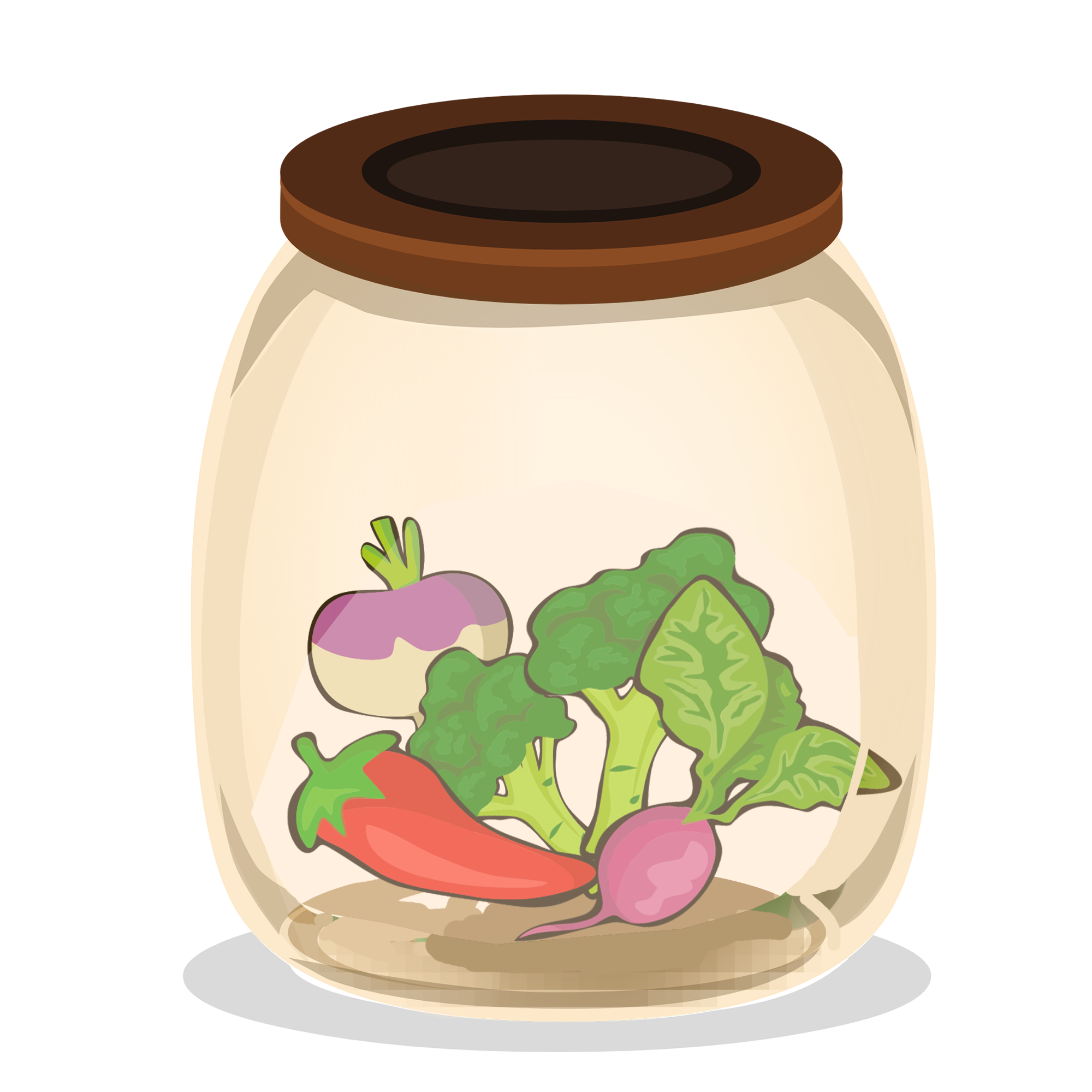Quebec actress Mélissa de La Fontaine talked about her experience joining the movement
Quebec actress and environmental health advocate Mélissa de La Fontaine talked food waste and consumption during her Conférence Zéro Déchet on March 21 at Université de Montréal.
During the conference, which was held in French, de La Fontaine touched on her experiences living a zero-waste lifestyle and offered tips for people interested in joining the movement.
She talked about her experience moving from Shawinigan to Montreal, and how she started raising her awareness on environmental issues and the rising problem of food and material waste in Canada. She said through her activism, she wants to encourage all Montrealers to make better environmental decisions.
“You should all know that the garbage that we throw daily, it does not disappear. It ends up at landfill sites,” de La Fontaine said. According to de La Fontaine’s research, there are two ways these sites pollute our environment—many non-compostable materials, such as plastic produces methane and well-water. “Methane ends up in the air that we breathe, while well-water is a form of juice that garbage creates, which can end up in our oceans and deeply harm fish,” she said.
De La Fontaine propelled herself in the movement after reading environmental activist Bea Johnson’s book Zero Waste Home: The Ultimate Guide to Simplifying your Life by Reducing your Waste. The book helped de La Fontaine become more educated on waste and environmental issues in Canada. The environmental advocate said she believes if everyone made small, regular contributions towards waste reduction in their own homes, it would do a lot of good for the planet. According to a 2016 Huffington Post article “Let’s Work Towards A Zero-Waste Future By Creating A Culture Of Reuse,” people throw out “an average of 4.7 trash bags of clothing every year,” which is equal to 2.6 billion pounds of garbage that goes into landfills per year.
“We do not need to count every piece of garbage we throw out, but rather all contribute according to our personal limits. We all have limits, so it’s not about going to extremes,” de La Fontaine said. She said following a minimalist lifestyle is a good way to reduce waste. When you live a minimalist lifestyle, you are dedicated to buying less and focusing on only necessities.
She outlined a four-step technique to limiting waste in urban households. The steps are refusing, reducing, reusing and recycling.
Refusing is about saying “no” to extra, unnecessary items. This includes trinkets organizations tend to give away at conferences. It also includes promotional cards and flyers distributed on the street, or “freebies,” as de La Fontaine called them. “You are telling the organizations to make more of these items, which causes an issue when they use petrol and energy to create them,” she said.
Reducing is about minimizing the purchase or use of household products, among others. Reducing not only saves money but also lowers the demand for certain products that harm the environment, but that also create pollution when they are manufactured.
Reusing is about utilizing items such as bags and containers. De La Fontaine suggested to buy reusable plastic containers and grocery bags that can last for many years and do not cause damage to our planet.
While de La Fontaine said recycling seems fairly self-explanatory, it’s important to do it correctly. Composting is one of the most important waste-reducing processes, she said. About 50 to 60 per cent of garbage being thrown out in Quebec is compostable, according to Statistics Canada.
“I would recommend composting things like fruit peels, which is very easy to do,” de La Fontaine said.
De La Fontaine said she hopes in the next five years, Canadians will start taking serious action towards environmental health, reducing waste and saving the environment from further pollution.
For those interested in finding out more about the zero-waste movement in North America, de La Fontaine highly recommends reading Zero Waste Home: The Ultimate Guide to Simplifying your Life by Reducing your Waste.




